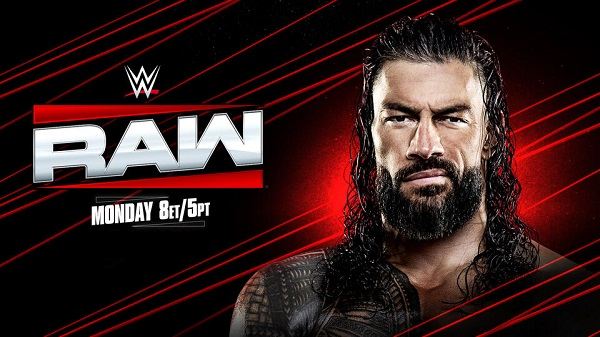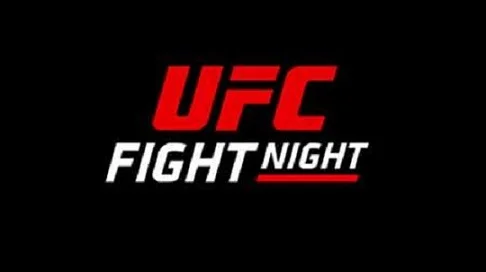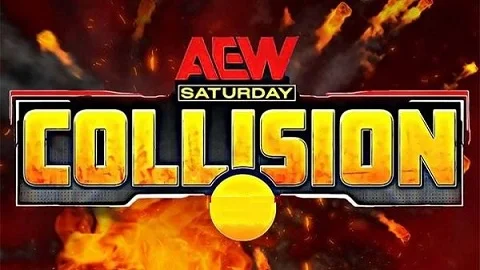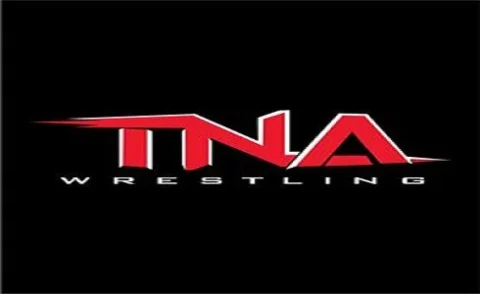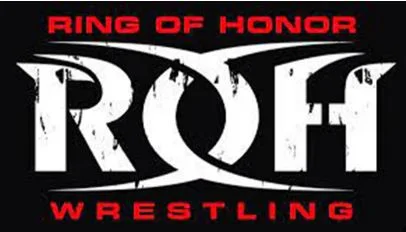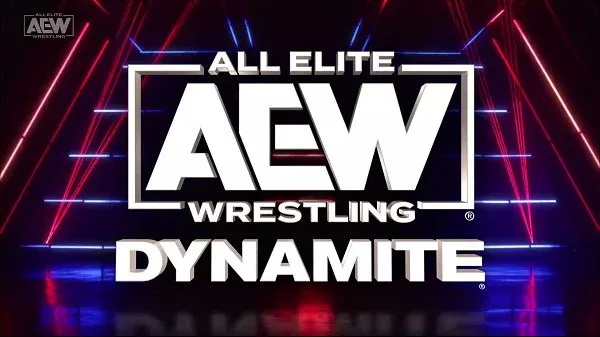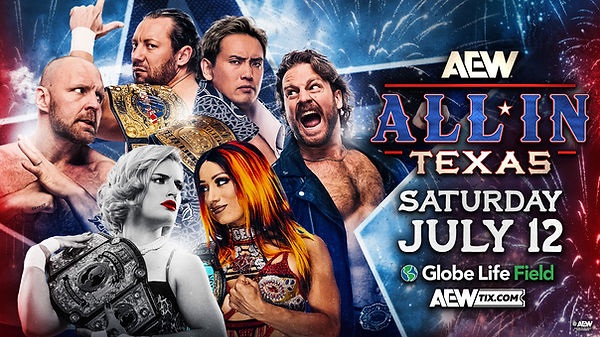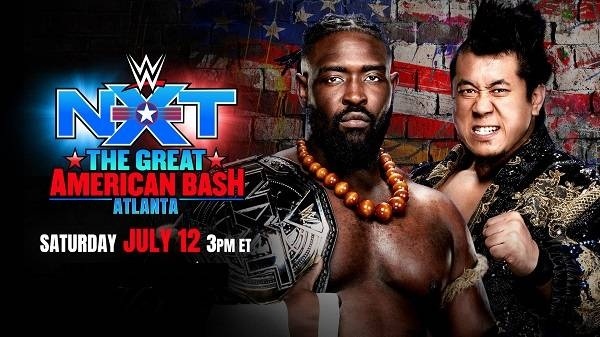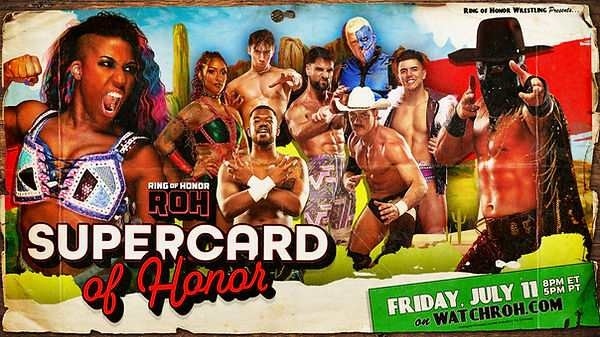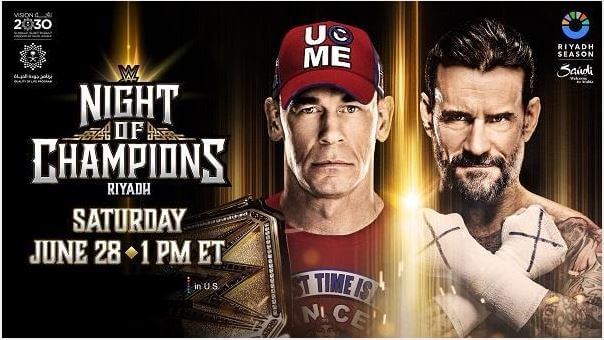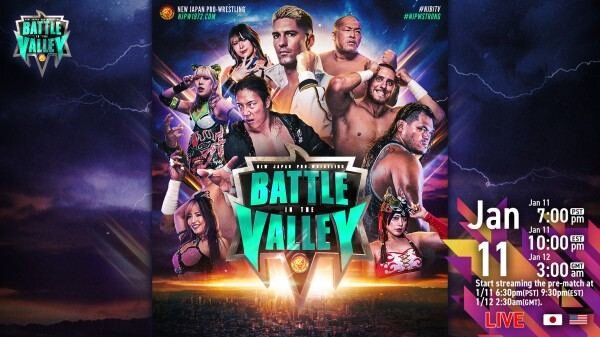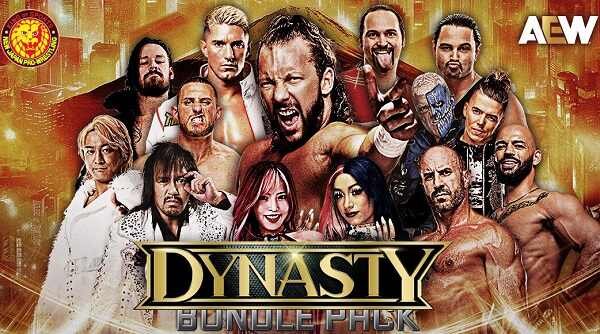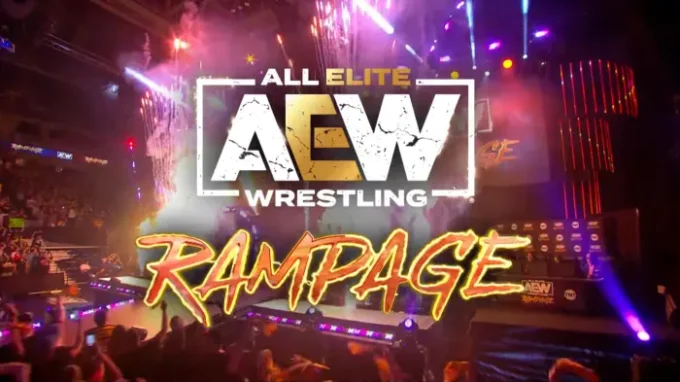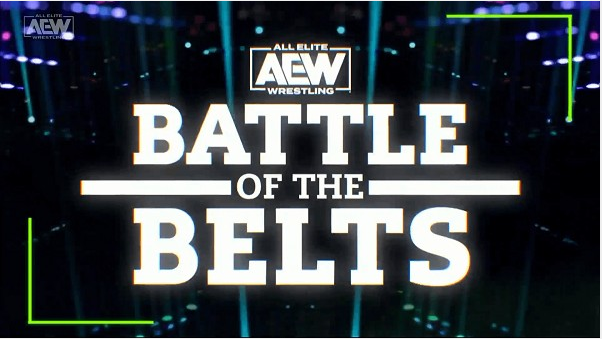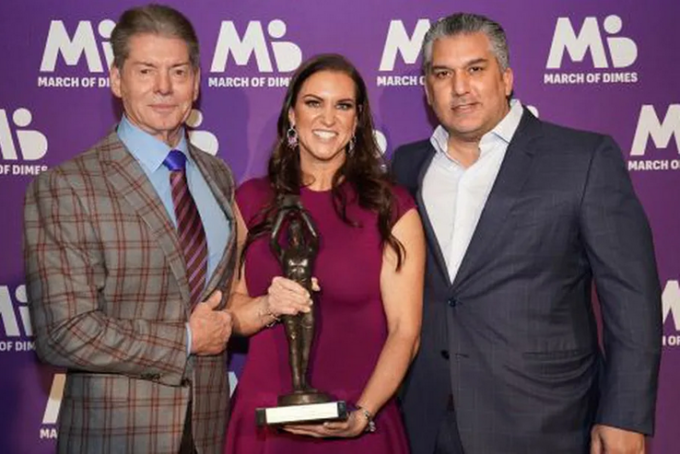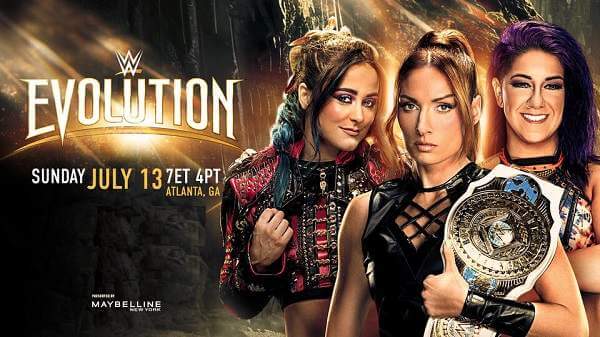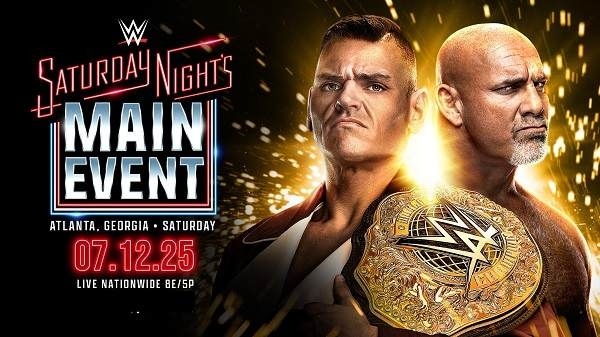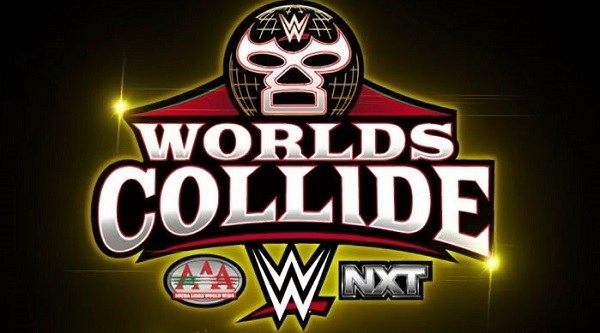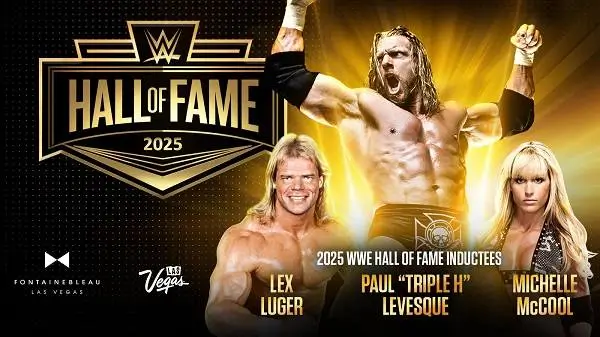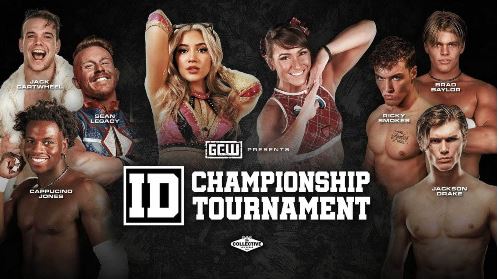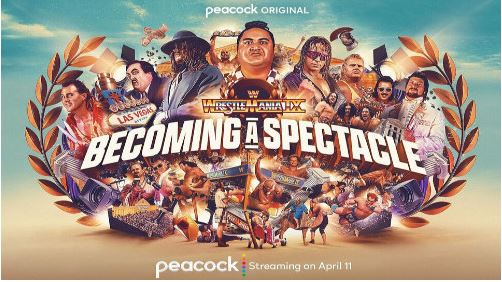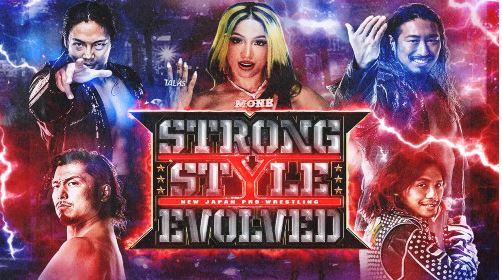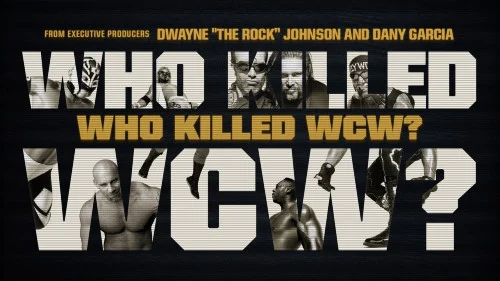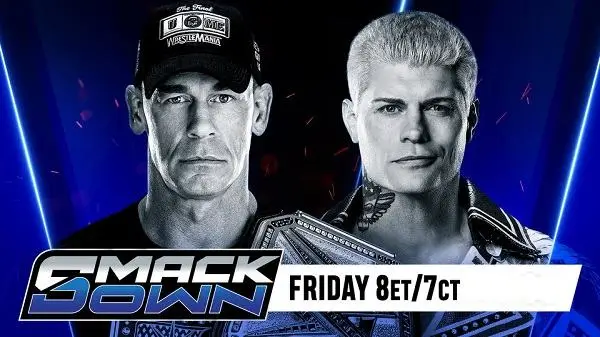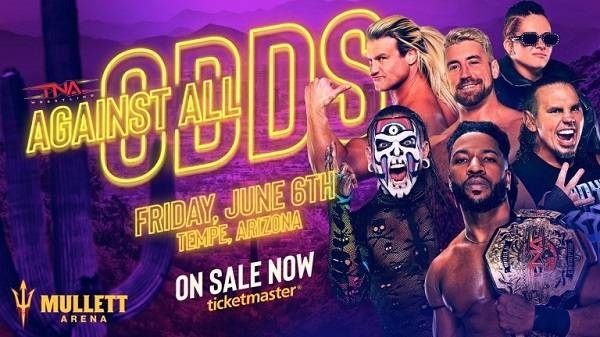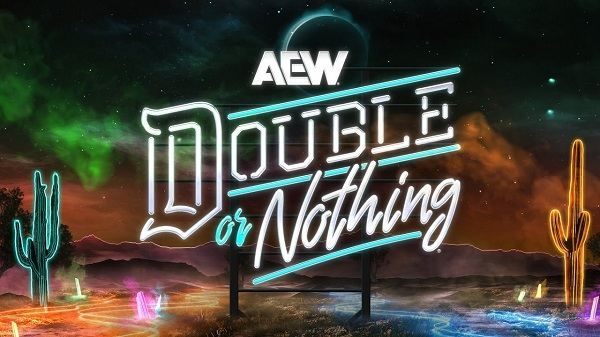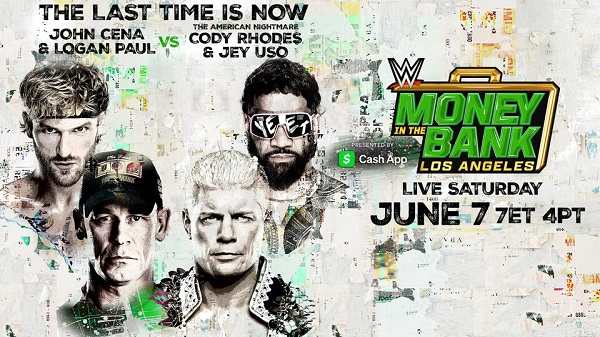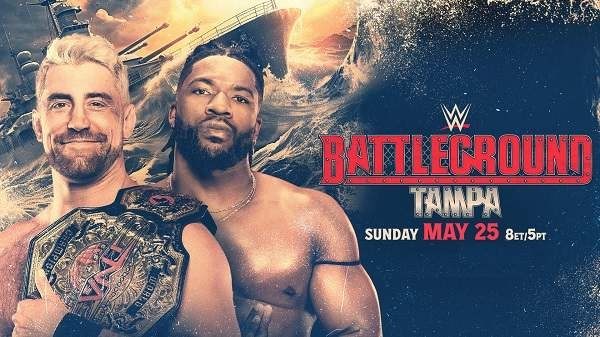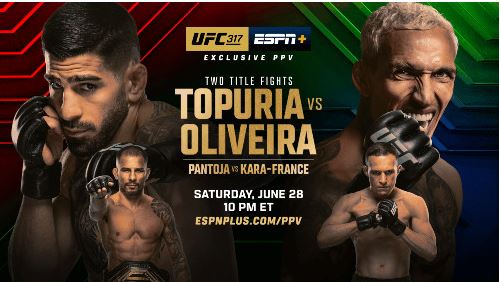WWE’s remaining CEO Nick Khan was Bill Simmons’ guest on the latest edition of The Ringer founder’s podcast.
The two men spoke for nearly an hour, and delved into what’s been going on at WWE since the Vince McMahon hush money scandal broke last summer. Most of their discussion was about the past couple weeks since McMahon used his controlling shareholder leverage to return to lead a possible sale of WWE and/or its next round of media rights contracts — a time that’s seen Vince’s daughter step down from her positions as Chairwoman & co-CEO, and lots of rumors about other internal changes and potential buyers.
Khan says that from his perspective, Vince McMahon was never not going to return. He says Stephanie shared that belief:
“When you’re on the inside, you see things that may be coming. My thought was that there’s only one boss in the company, and that ain’t me. I think it was always my point of view, Stephanie’s point of view he would come back.“
It’s a point Khan reiterated later in the interview, while discussing Vince’s “retirement”:
“You know, when he stepped down, anyone who believed that was permanent didn’t know him. That was never going to happen, but I’m appreciative of the fact that he gave it five, six months, let the dust settle a little bit, then came back in the way that he’s come back.”
As for how Vince came back, ignoring the Board’s unanimous request he stay retired and using his control over 81% of voting stock to change the Board’s bylaws & membership to ensure his return?
“The way he played it to me was smart in that he went away for five, six months which people, meaning the audience, seems to like when somebody does that and he came back and took control back of his company as a company shareholder. So it is the public’s company as a publicly traded company. But with that, the controlling share gave him a lot of authority and he used it, and I applaud him for doing so.”
Simmons asked if Vince was risking hurting the company he was purportedly coming back to help, and Khan responded with two apples-and-oranges examples: NFL commissioner Roger Goodell & his handling of the Ray Rice domestic violence incident in 2014, and Simmons’ own relatively scandal-free rise from ESPN blogger to media mogul:
“[In reference to Goodell] Well, no advertiser has fled. Ratings aren’t down. The product seems to continue to build. Why would he resign? Why would he do that? I think it’s just a three-mile radius of LA thing. ‘Hey, step down. And you know, you have to sort of be punished for it.’ It didn’t used to be that way.
“So I think for somebody like Vince — and you [Simmons] and he are two different people, but you’re both founder CEOs and I think founder CEOs are different from regular CEOs. So to me, WWE is Vince, Vince is WWE, and we’re going to do the best we can to keep building the company”.
The lawyer and former talent agent pushed back on the idea Vince “forced” his way back into the company:
“I didn’t see it as a force. I think Vince saw a ton of things coming at him and us, and he thought, one thing he’s always said, he’ll do whatever is best for business. At that moment, he saw what was best for business was for him to step away for a while, so he did.
He also disputed the notion (expressed in both investor lawsuits filed against Vince’s power play) that long-time McMahon associates Michelle Wilson & George Barrios are “cronies” Vince placed on the Board to rubber stamp his actions, but Khan’s explanation basically just reframes the allegation in friendlier legal terms:
“[As] the controlling shareholder, Vince is going to run that process [of evaluating strategic alternatives like a sale of the company]. So to have board members who understood that with the controlling shareholder, ‘This is going to be the way it is’, and people who would embrace this, I think that was a determining factor.”
Khan says that while he and others visited with his boss during his “retirement”, those were social visits. Vince was hands-off during the time he was away, and Khan expects it will remain that way now that he’s once again Chairman:
“He really did step away. There was no, ‘Why are you doing this? I wouldn’t do it that way.’ It was total freedom to Stephanie, myself, and Triple H on the creative side. It’s only been a week, but I believe what he said publicly about ‘I’m here to engage in strategic alternatives in the media rights,’ so far the engagement has been that and other board issues.”
There’s no formal succession plan for whenever Vince no longer runs WWE, or it would be filed with the SEC. But Khan says he believes the team that led the company in Vince’s absence was “the succession plan in [Vince’s] mind”. In describing the timeline for & thought process behind the 77 year old’s return, Khan never felt Vince was resentful of being sidelined:
“I never got a sense from him of any sort of bitterness or anything. He seemed, for the first month of his hiatus, thrilled. You think of how hard he’s worked, a month off would be amazing. He went to Italy, whatever it is was, the things that we all wish we could do while we’re in the mix of ‘empire building.’ The first month was amazing.
“I think by month five, he was getting ready to return. The strategic alternative process is a real one, he’s hyped for it. I haven’t seen any heat from him from anybody who is at WWE or with WWE. There is no commentary from him, certainly to me and I’ve been in touch with him a lot, there is no ‘Why did Paul [Levesque, aka Triple H] and you hire this? Why did Stephanie do that?’ There’s been none of that.”
Simmons attempted to broach the subject of Stephanie’s exit, but Khan sidestepped it for the most part:
“I don’t get involved in the family business. That is rule number one.”
Later, he reiterated what the younger McMahon said in her public statement of resignation, and offered a version of the pro wrestling truism “never say never” when asked about Steph making a return of her own down the line:
“At this moment in time, I think she felt her work was done for now. Nothing is permanent. Life is long, let’s see.”
Regarding the possibility there could be more stories of his boss’ sexual misconduct to come (something that was inferred in the Board’s December letter attempting to rebuff Vince’s comeback), Khan is confident everything is already public knowledge:
“It feels like whatever happened, happened and it’s out there. And people know I’ve always found him to be a very honest broker with this stuff. So even when the process started last summer, there was nothing that he hid, there was nothing that he covered up. I think he was very honest about it and I appreciated that, and I think a lot of other folks did too.”
Khan also minimized the possible impact of civil litigation against Vince from people like Rita Chatterton, who claims Vince raped her when she worked for the then-WWF in the 1980s (a claim he’s always denied), on the decision making of potential buyers:
“I think everyone’s just plowing ahead. Because in all of these businesses there’s never a clean, clear path. There’s always some encumbrance, something in the way, some hurdle in the way that you have to get around or get through. So I see that like I would any other item like it.”
While talking about the sale of WWE, Khan dismissed last week’s Saudi Arabia rumors as “100% fake, 100% made up.” There was no way a deal could legally be made in that short a timeframe. But by again comparing Vince to Simmons, he did seem to acknowledge some rules may have been bent up to this point, which could be held up as evidence reports McMahon was talking to entities like the Saudi Investment Fund prior to his return to the board:
“In terms of the rules, I didn’t see you [Simmons] following that many rules at your prior employer [ESPN]. You sort of did it the way you thought it needed to be done and ultimately your work stood out. To follow those rules, I would have to imagine was difficult for a period of time to get your head wrapped around them.
“[It wasn’t] as difficult for us because the company has been publicly traded for so long, and you understand that the rules are really the SEC rules, and nobody wants to violate any of those. So the imminent announcement that it’s been sold already or [gone private], of course, if you’re looking at it and connecting the dots, it made absolutely no sense. In terms of what the actual process may be, we’re just starting it now.”
Still, the CEO doesn’t expect the exercise to go on indefinitely, regardless of its outcome:
“So in this process, [Vince is] there to oversee it, it’s his controlling share. I’m involved in it. Triple H is involved in it. The board’s obviously involved in it with Triple H being on the board, as I have the good fortune of being in as well. And we’re going to see how it plays out. It should not be a lengthy process.”
When Vince & WWE say they’re exploring all their strategic options, Khan says they mean it. Including only selling off a piece or pieces of the company:
“When he’s using the term ‘strategic alternative,’ it’s not to be cute. It’s basically, we’re looking at everything.
“If he said, ‘I’m looking to sell the company’, what does that mean? A piece of it, all of it? Do you merge the company? Do you buy another company instead of selling? Do you sell the company outright? A lot of it will come down to price, but I don’t think all of it. It’s what’s the best value for the shareholder? What’s the best value for Vince after the shareholder. So the stock, after the announcement [of Vince’s return], is flying high — how much more is somebody going to offer on that that makes it a transaction that he wants to do?”
Khan also reiterated that it wouldn’t make any sense to negotiate new television/streaming deals before exploring sale options, so the possible sale scenarios are being explored first. He generally covered potential buyers, including the usual suspects (Comcast, NBCUniversal, Amazon, Disney, Fox, Netflix, Endeavor) and a floated the possibility of another mega-rich individual buying WWE like mortgage billionaire Mat Ishbia’s impending purchase of the Phoenix Suns’ NBA franchise.
When Simmons asked whether or not Nick views one particular mega-rich individual, AEW’s Tony Khan, as a threat, he replied:
“I don’t feel threatened by anyone on anything. It’s just not how I do business. I don’t care what anyone else is doing. I care what we’re doing. And as long as we can have the best product on with the best talent and the best writers, I think we’re going to be in good shape.”

